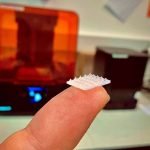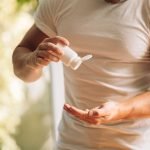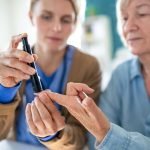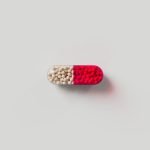Scientists examine benefits and risks of statins for heart disease
A recent study published in The BMJ has compared the efficacy and safety of two widely used statins, rosuvastatin and atorvastatin, in individuals with...
Novel gene therapy shows promise in battling aggressive brain cancer
Glioblastoma (GBM), a highly aggressive brain cancer, has long posed a formidable challenge in the realm of cancer treatment.
Patients with recurrent GBM typically face...
New skin patch offers pain-free drug delivery to the body
A groundbreaking microneedle skin patch has been developed by a team of scientists at the University of Bath, offering an affordable and painless method...
Why many depression drugs take weeks to work
Most people are aware that certain antidepressants, known as selective serotonin reuptake inhibitors (SSRIs), require several weeks of use before patients start to experience...
Sweet oranges may help fight diabetes, obesity
A recent discovery at Western University has brought exciting news to the world of health.
Researchers have uncovered a potential game-changer in the fight against...
High blood pressure and diabetes increase COVID-19 risks, study finds
Recent research reveals that individuals with uncontrolled high blood pressure and diabetes are at a higher risk of severe COVID-19 outcomes, including hospitalization, critical...
Eye implant can be a breakthrough for diabetes treatment
Scientists in Sweden have developed a tiny device that can be implanted into the eye, which might lead to better treatments for diabetes and...
Combining painkiller with morning-after pill prevents pregnancy more effectively
A groundbreaking study conducted by a collaborative research team has revealed an innovative approach to enhance the effectiveness of the morning-after pill (oral emergency...
Many women use cannabis to manage menopause symptoms, study finds
A recent study conducted by the University of Alberta, published in BMJ Open, reveals that a considerable number of women in Alberta are turning...
Fluctuating blood pressure may increase risks of dementia and heart disease
A recent study conducted by researchers in Australia has revealed a concerning connection between fluctuating blood pressure and an increased risk of dementia and...










